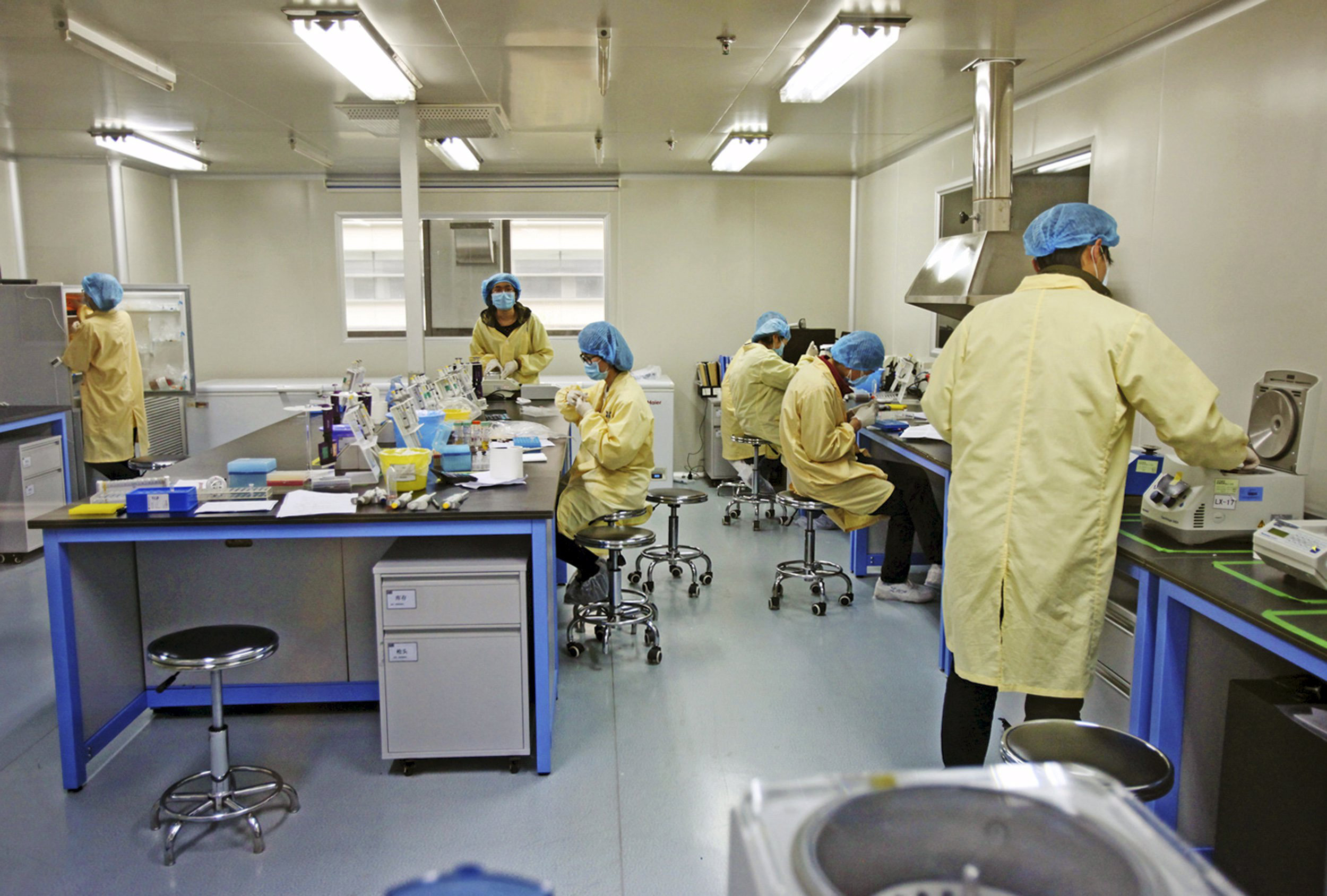Years of pouring money into its laboratories, wooing scientists home from overseas and urging researchers to publish and patent is starting to give China a competitive edge in biotechnology, a strategic field it sees as ripe for "indigenous innovation."
The vast resources China can throw at research and development — overall funding more than quadrupled to $191 billion in 2005-13 and the Thousand Talents Program has repatriated scientists — allow China to jump quickly on promising new technologies, often first developed elsewhere.
These efforts were illustrated vividly in April — not without controversy — when scientists at Sun Yat-sen University in Guangzhou published results of a ground-breaking experiment to alter the DNA of human embryos using new CRISPR-Cas9 gene editing technology.


















With your current subscription plan you can comment on stories. However, before writing your first comment, please create a display name in the Profile section of your subscriber account page.